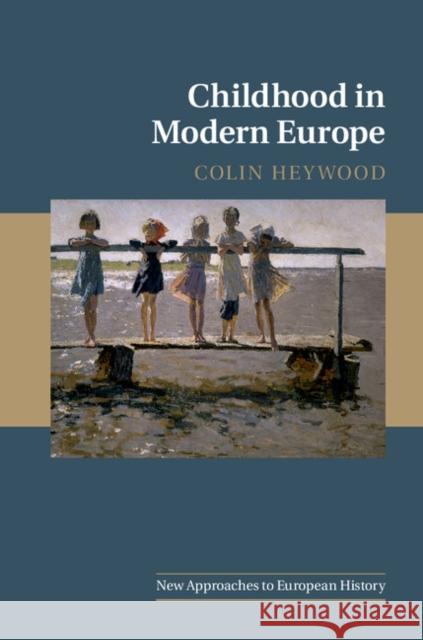Childhood in Modern Europe » książka
topmenu
Childhood in Modern Europe
ISBN-13: 9780521685252 / Angielski / Miękka / 2018 / 296 str.
Childhood in Modern Europe
ISBN-13: 9780521685252 / Angielski / Miękka / 2018 / 296 str.
cena 126,45
(netto: 120,43 VAT: 5%)
Najniższa cena z 30 dni: 120,78
(netto: 120,43 VAT: 5%)
Najniższa cena z 30 dni: 120,78
Termin realizacji zamówienia:
ok. 16-18 dni roboczych.
ok. 16-18 dni roboczych.
Darmowa dostawa!
An invaluable introduction to the history of European childhood in both Western and Eastern Europe c.1700-2000.











